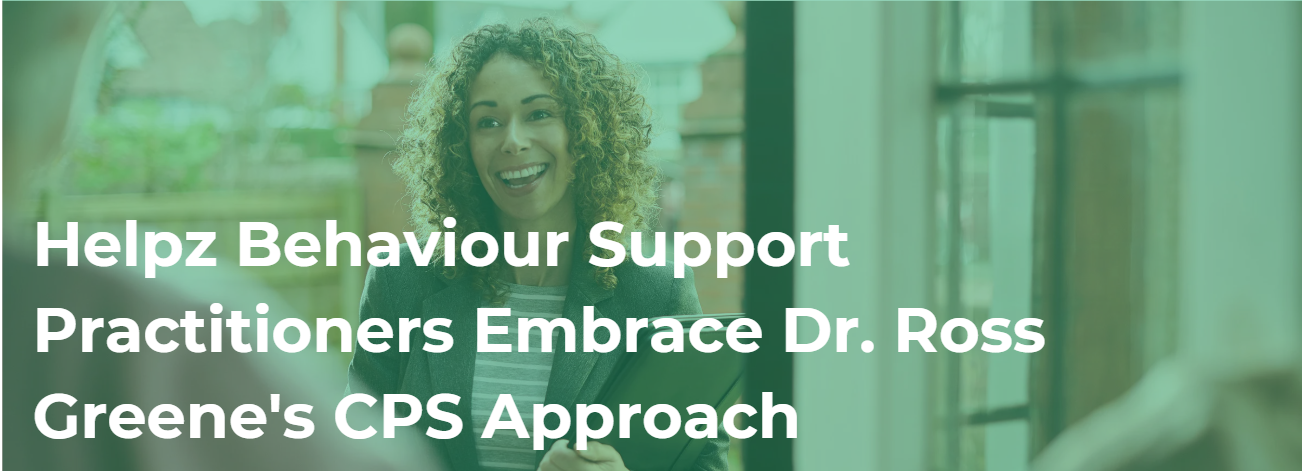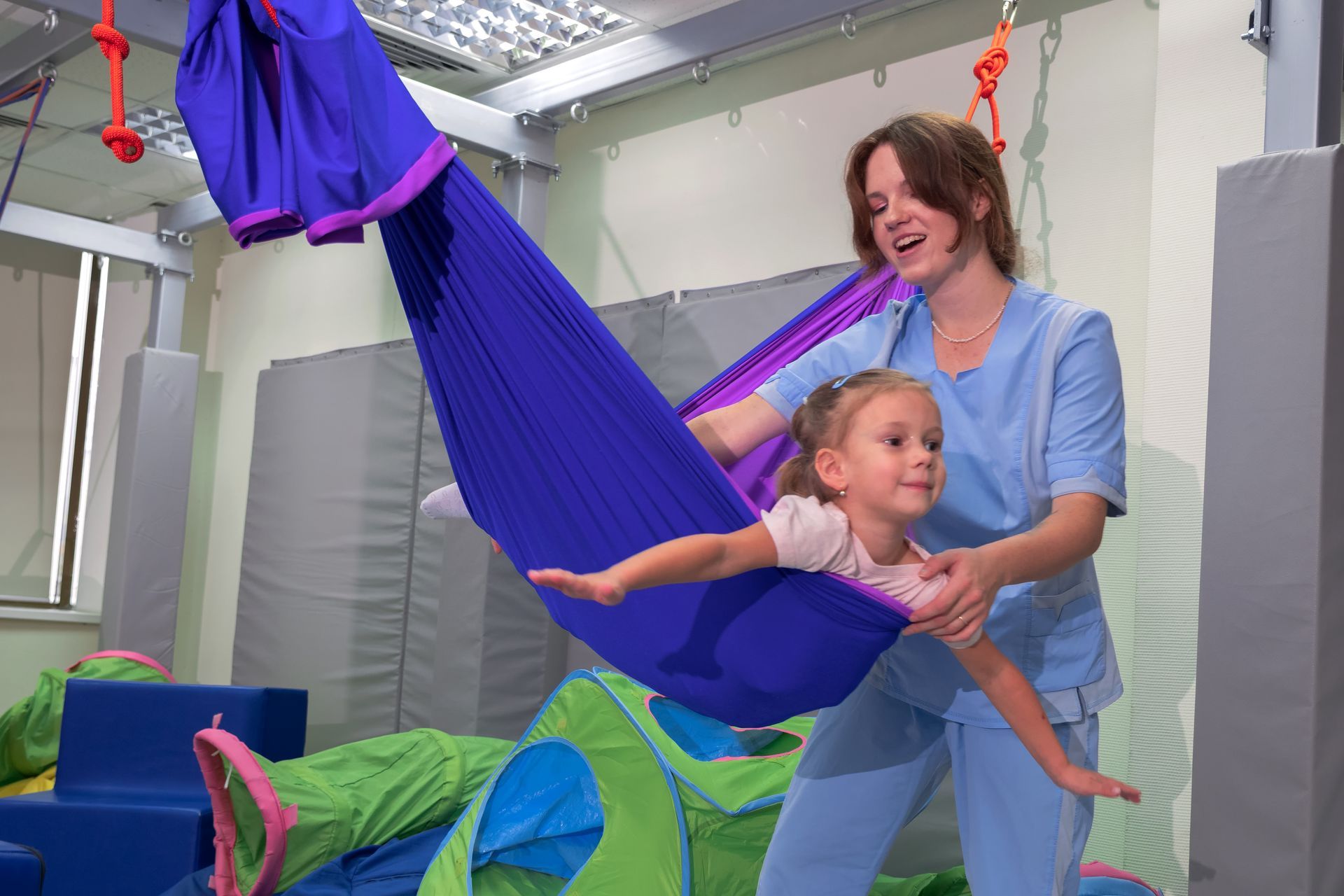Our Behaviour Support Practitioners Embrace Dr. Ross Greene’s CPS Approach

At helpz, our behaviour support practitioners are increasingly adopting Dr. Ross Greene's Collaborative and Proactive Solutions (CPS) approach to enhance the quality of life for NDIS clients. CPS is an evidence-based model that focuses on solving the underlying problems causing challenging behaviours rather than merely addressing the behaviours themselves.
The CPS approach aligns seamlessly with
Positive Behaviour Support (PBS), a cornerstone of the
NDIS framework.
PBS is a person-centred approach that aims to improve an individual's quality of life by understanding the reasons behind their behaviour and addressing their needs in a respectful and supportive manner.
By integrating CPS, helpz practitioners can proactively identify and solve problems collaboratively with clients, fostering a non-punitive and non-adversarial environment.
CPS involves three key steps: identifying lagging skills and unsolved problems, prioritising problems to be solved, and engaging in collaborative problem-solving discussions This method not only reduces challenging behaviours but also builds essential skills such as empathy, communication, and problem-solving.
For NDIS clients, this means a more tailored and effective support plan that respects their dignity and promotes their autonomy.
By utilising CPS within the PBS framework, helpz practitioners are better equipped to create positive, lasting changes in the lives of NDIS clients. This approach not only addresses immediate behavioural concerns but also empowers clients to develop the skills they need to thrive in their communities.
For more information on our behaviour support services, please contact us.







